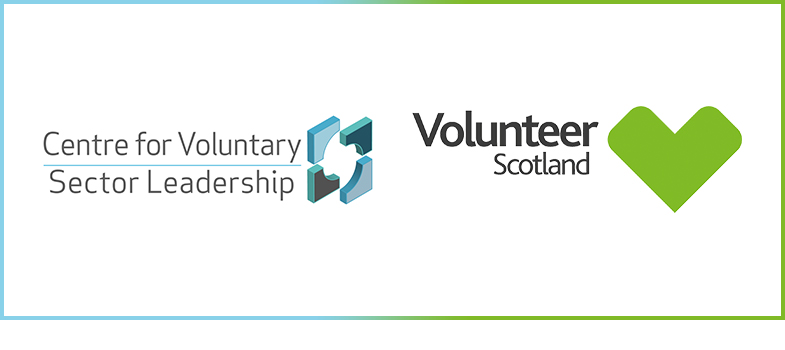‘How am I supported?’ activity
In the next activity you are asked to think about the support your organisation offers their volunteers.
Activity 7
Thinking about what support is appropriate in your context, you may want to reflect on:
- Risks and ‘health and safety’ factors and how these are addressed.
- What kinds of support are available on a day-to-day basis to promote volunteers’ individual wellbeing?
- What are the long-term plans to support volunteers, including developing knowledge and skills?
- How are any specific support needs that relate to a person, their role or their individual circumstances addressed?
As you reflect, also think about when and where the opportunities present themselves to address any of these issues with volunteers. Have you asked volunteers how they would like to be supported? Remember it has to be proportionate for your context and right for the volunteers.
Don’t forget to note your thoughts in your learning journal.
Discussion
Support might seem like an unnecessarily formal approach, more suited to large organisations with structured volunteer programmes. However, promoting wellbeing and creating a safe and supportive environment is important in all volunteering situations as it helps to ensure a positive volunteering experience, which in turn will help individuals feel valued and motivated.
For volunteers, having a good understanding of where and when support is available will help promote wellbeing and it can also help if things are not going well. James talks about volunteers having a key contact for delivery and support from a person higher up in the organisation if needed.

Transcript: James, Volunteering Manager, LGBT Youth Scotland. All rights reserved.
It is also worth considering how flexible and inclusive you can be to adapt roles to support individual volunteers and enable them to find the best role for them. In this clip, Tania at GALE describes finding a role for someone who lacked confidence interacting with members of the public.

Transcript: Tania, Volunteer Co-ordinator, GALE. All rights reserved.
4.1 ‘How am I supported?’
